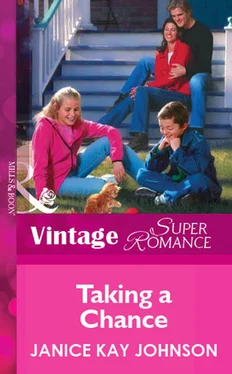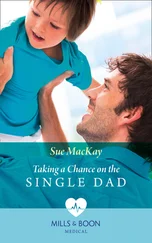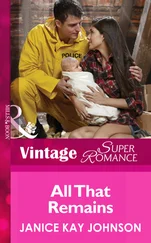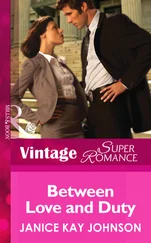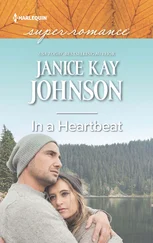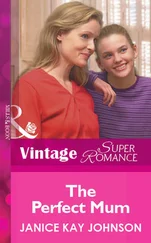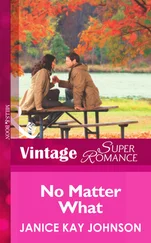Head tilted back to look up at the leafy canopy, touched with the pale yellow of autumn, Jo decided aloud, “Maybe I’ll buy a scone. Have you tried them?”
She immediately felt guilty. If Emma had ever eaten anything like that, she didn’t now. But it was really hard never to talk about food. Maybe if people did, she’d be tempted, Jo thought, trying to justify raising a subject that was seldom mentioned around their house.
Ginny walked just ahead beside Emma, holding her hand. Her brown hair was French-braided, probably courtesy of Emma. She looked over her shoulder. “What’s a scone?”
“Um…sort of a sweet biscuit. Really dense.” A blank look told Jo she needed to elaborate. “Not fluffy and light like bread, but heavy like…”
“Mom’s bread when it doesn’t rise right,” Emma finished.
“Oh.” Ginny nodded, satisfied.
“And you can get them with blueberries or cranberries or bits of orange. They’re scrumptious.”
“Scrumptious,” Ginny repeated, in her solemn way.
Jo bent to pick up a whirlybird seed pod, fallen from a maple. Tossed in the air, it spun gently to the sidewalk.
“Oh!” Ginny said again, with more animation. Letting go of Emma, she picked one up, too, and threw it. She almost smiled, watching its spinning progression.
They stood there for five minutes, playing. Jo felt a little silly when she saw laughing faces in a passing car, but, after all, she’d started this. And Ginny looked absorbed and happy, in her quiet, withdrawn way.
In the next few blocks, Jo and the two girls talked about hairdos, books and why an Indian woman who lived in the neighborhood had a dark spot on her forehead. Jo had to admit Ginny and Emma were easy to talk to—easier than she’d expected, but maybe that was because they weren’t normal children, either of them. Death shadowed both, in different ways, subduing them. Making them more thoughtful, Jo would have liked to think, but the truth was, Emma seemed to think and talk about little except food and how fat she was. Except, Jo amended, when Emma was with Ginny—then she seemed more child than teenager.
In the fourth block, Ginny stopped. “Oh!”
Her favorite word, Jo thought dryly, before she saw the sign, too, easily read even by a first grader. In block print painted on cardboard, it read, Free Kittens.
“Can we look at them?” Ginny whispered.
Sensing dangerous territory, Jo hesitated. “Uh…”
“Sure,” Emma said, hurrying forward with the smaller girl towed behind. “We can ask, anyway.”
“I’m not sure that’s a good idea….” Jo called after them, lengthening her steps to catch up.
But they had already turned up the narrow driveway, where they’d spotted a boy shooting baskets into a hoop that hung drunkenly above the garage door.
Bang! The garage door rattled when he missed, and Ginny jerked and tried to stop. Determined Emma hauled her onward.
“Hi!” she said.
The lanky boy, who had to be close to her age, turned at the sound of her voice. Dribbling the ball, he said, “Hi.” His gaze went to Jo, behind the girls. Warily, he asked, “Um…you looking for somebody?”
Конец ознакомительного фрагмента.
Текст предоставлен ООО «ЛитРес».
Прочитайте эту книгу целиком, купив полную легальную версию на ЛитРес.
Безопасно оплатить книгу можно банковской картой Visa, MasterCard, Maestro, со счета мобильного телефона, с платежного терминала, в салоне МТС или Связной, через PayPal, WebMoney, Яндекс.Деньги, QIWI Кошелек, бонусными картами или другим удобным Вам способом.
